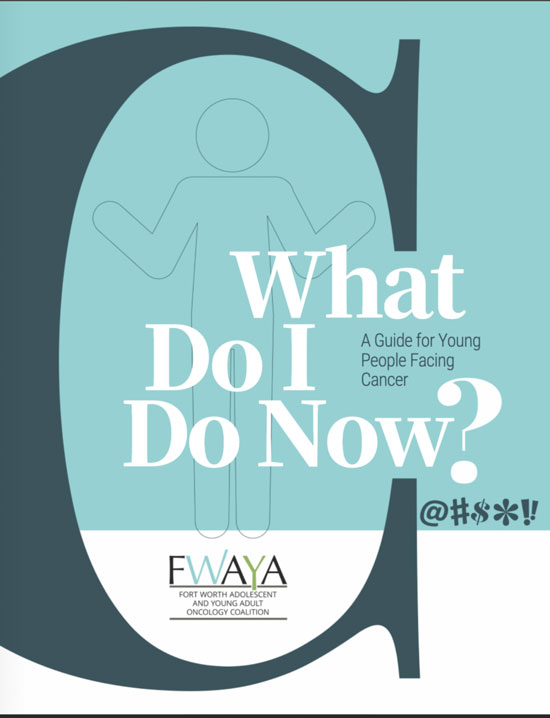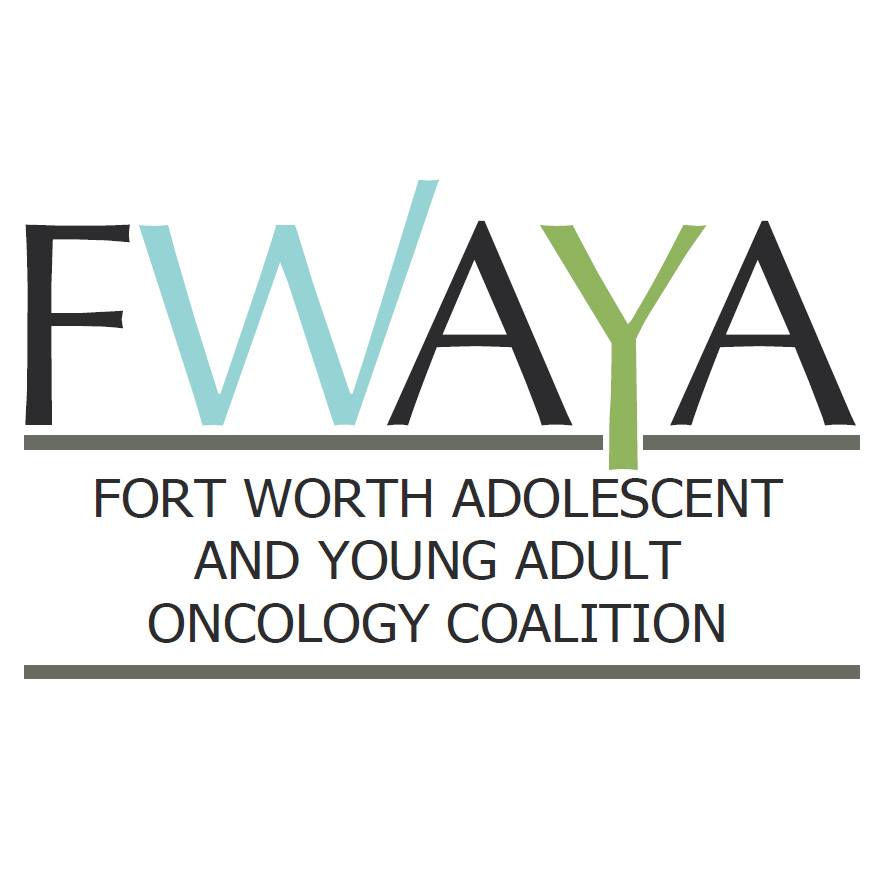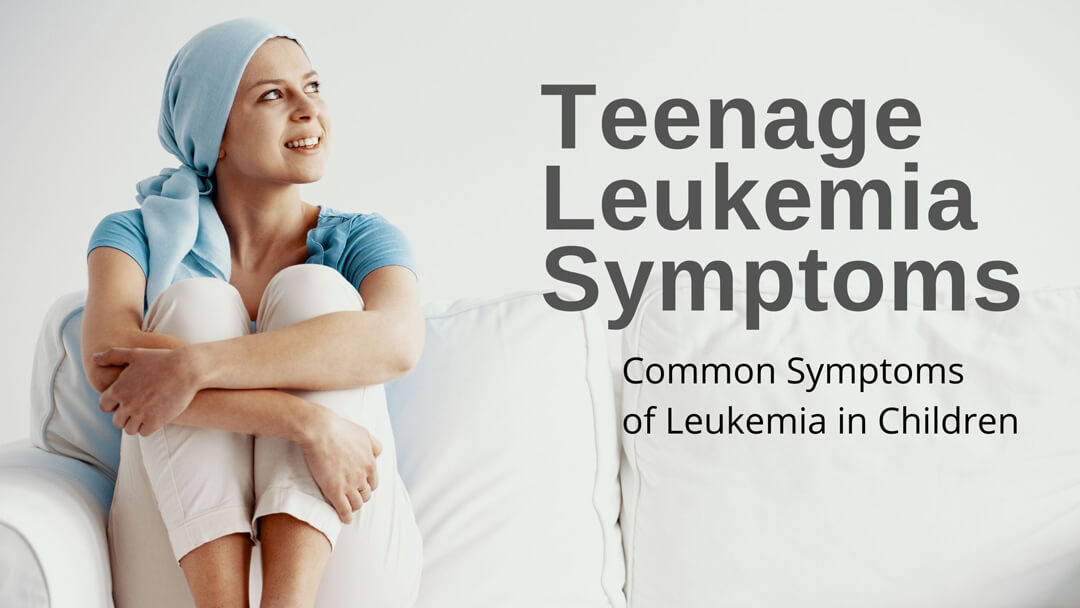Teenage Leukemia Symptoms
Leukemia is a form of cancer that affects white blood cells.
In teens, symptoms of leukemia include bone pain, enlarged lymph nodes, fever, fatigue, frequent infections, and bruising or bleeding easily. Leukemia is a form of cancer that affects the blood and bone marrow.
It starts when a person’s white blood cells grow uncontrollably, making them immature and unable to fight off infection.
It can be hard to tell the difference between a cold and childhood leukemia.
The symptoms of this type of cancer usually include a fever that won’t go away, recurring infections, fatigue, and pale skin.
Signs And Symptoms Of Teenage Leukemia
Teen Cancer Signs and Symptoms
Leukemia symptoms can vary, depending on the type of leukemia. Common leukemia signs and symptoms include:
- Fever or chills
- Persistent fatigue, weakness
- Frequent or severe infections
- Losing weight without trying
- Swollen lymph nodes, enlarged liver or spleen
- Easy bleeding or bruising
- Recurrent nosebleeds
- Tiny red spots in your skin (petechiae)
- Excessive sweating, especially at night
- Bone pain or tenderness
The symptoms of teenage leukemia vary depending on the type of leukemia, age at the time of diagnosis, and which organ systems are most significantly impacted.
However, regardless of the type of leukemia, the most common symptoms of leukemia in teenagers include:
Fever and chills
While the development of a fever may be a symptom of any number of health issues ranging from the common cold to meningitis, leukemia is a cause doctors consider when evaluating the development of a fever.
An elevated body temperature is the result of the rapid growth of leukemia cells in the body.
The resultant high-temperature signals the immune system is needed to fight off this foreign invader.
Blood in urine and stools
While commonly attributed to a urinary tract infection, blood in the urine is a symptom of leukemia at all development stages.
Leukemia can also impact the colon and rectum, resulting in red or brown colored feces’ appearance.
Swollen lymph nodes
The swollen lymph nodes are a result of the sometimes-rapid growth of cancer cells in the body.
When in the bloodstream, leukemia cells attack the body’s immune system in an attempt to “get better” faster.
Sometimes, the nodes become so enlarged and irritated that they begin to leak clear fluid.
White blood cell count
White blood cells are responsible for the detection and protection against foreign bodies in the body.
An abnormal increase in the number of white blood cells in the blood results from the cancerous proliferation of white blood cells.
When a doctor conducts a complete blood count — the standard blood work performed during a routine office visit — as many as 60% of children with ALL show an abnormal increase in the White Blood Cell count despite the presence of cancer.
Organ infections
As leukemia begins to accumulate in the organs of the body, immunity can become compromised.
Organ infections are common with childhood leukemia due to a shortage of normal white blood cells.
Without healthy cells, your body can’t fight infections, can’t protect your body against disease, and can’t help you heal from injuries.
Persistent fatigue, weakness
One of the side effects or signs of leukemia is feeling tired all the time, and weak.
Fatigue is a key factor with leukemia diagnosis due to inflammation in the body.
Muscle weakness and lack of concentration will also be prominent with teenage leukemia.
The body will tell you it needs rest, but no matter how much of a good night’s sleep someone gets they will continue to feel exhausted.
DONATE
We rely on the generous financial gifts of our community to fund life-enhancing programs and resources for local AYAs diagnosed with cancer.
You can donate online, make a pledge, or offer indirect financial support. No gift is too small.
VOLUNTEER
Our coalition was built by the passion, hard work, and commitment of community volunteers like you.
Whether you want to help with our programs, offer one-time event support, or more, you can help. Let us know
STAY CONNECTED
Stay updated with the latest coalition and AYA updates, news, opportunities, and information.
Sign up to receive the communications you want and stay up-to-date on what we are doing in the community.
A Guide For Young People Facing Cancer
So, you have cancer. Now What…?
Whether you have just been diagnosed, are already receiving treatment, or have completed most of your treatment, there are probably so many things running through your head all at the same time — questions, feelings, new thoughts —
As hard as it might be to focus on anything, there are a few things that might help you get a better handle on the situation.
This book is designed to help you get a handle on some of what is going on and give you some tips for dealing with the massive challenges your cancer diagnosis has thrown at you.

Give Today
Contact Us
Fax: 817-698-8471


Recent Comments